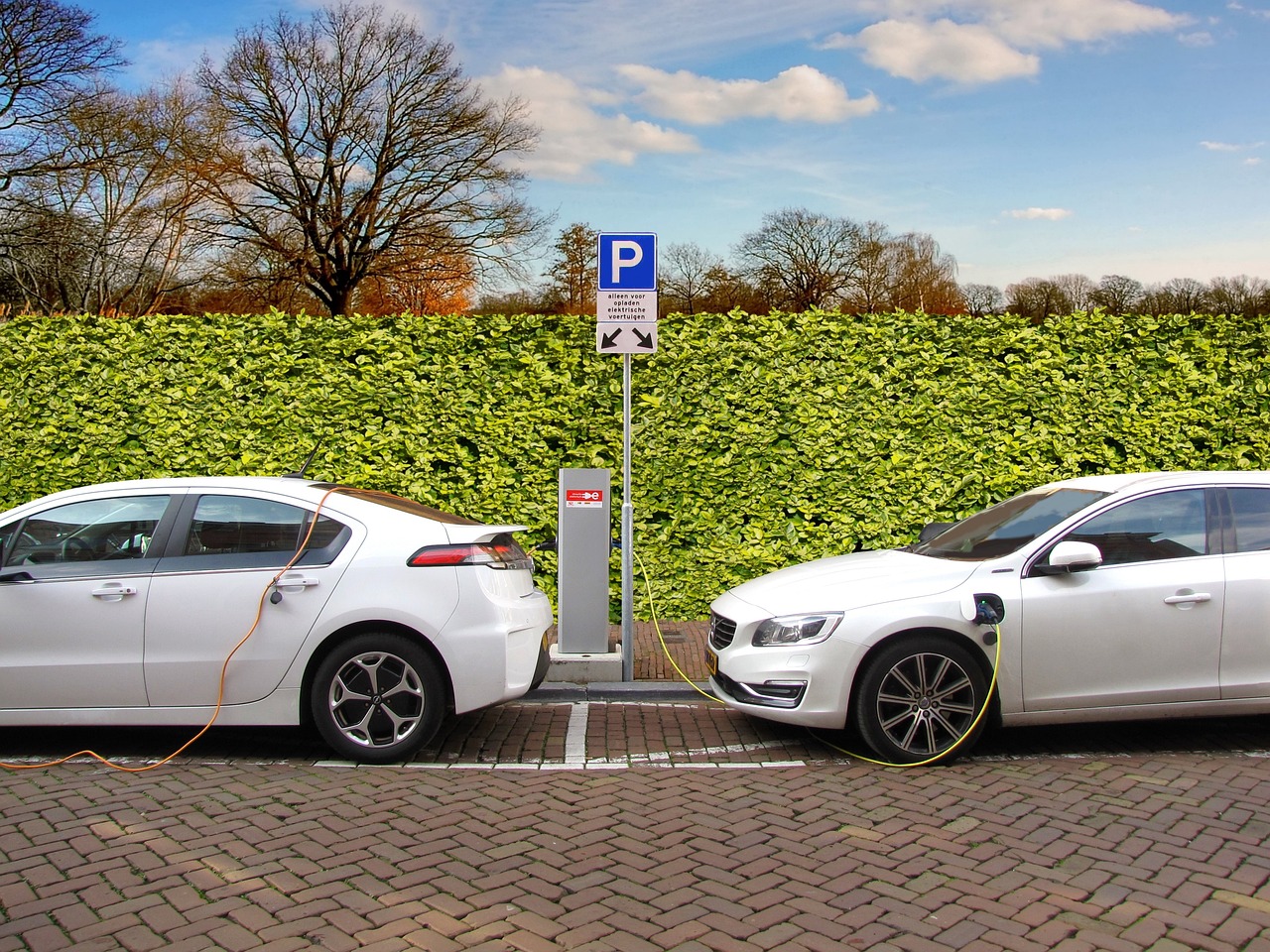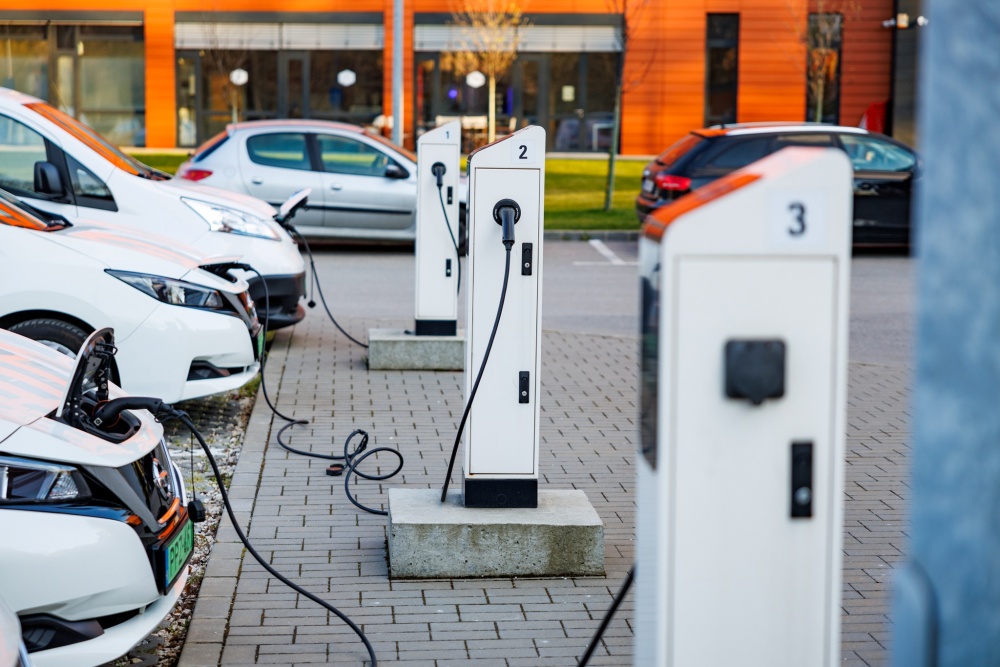
The average increase in Hungary is more than five times higher than the EU average.Continue reading

With 2,677 electric cars registered in May alone, environmentally friendly transportation has gained momentum in Hungary. A tender for companies launched in February also contributed to this increase, Világgazdaság reports.
The growth of electric transport is at a peak this year, thanks to a HUF 30 billion (EUR 76 million) tender for companies to buy e-cars, according to data from the Ministry of Interior. Figures so far show that 2,677 e-cars were registered in Hungary in May. A higher figure was recorded only once in March, during which 2,920 cars were registered.
Based on the ministry’s data, the number of clean and quiet e-cars on the road in the country is now seven times higher than at the beginning of the decade, at 57,000.
So far, some 3,100 companies have applied for a total of HUF 14.4 billion (EUR 37 million) to buy more than 3,700 low-carbon vehicles under the call for proposals, open until next spring.
To date, over 1,000 applicants have been granted a total of HUF 4.7 billion (EUR 12 million) in public funding. Thanks to the program, the domestic expansion of the pure electric fleet was the second highest in Europe in March and the fourth highest in April.
The ministry also underlined that the future lies in green energy. Hungary is leading the way in generation and storage in homes, factories, and cars. Electric vehicles can be used without air and noise pollution and can save on operational and maintenance costs for their operators, they pointed out.
Thanks to the government’s Green Bus program, 135 e-buses are already in operation in the Budapest conurbation and in rural towns and cities.
In line with a recently announced development, a grant of nearly HUF 2 billion (EUR 5 million) allocated by the Klebelsberg Center will enable around fifty electric school buses to serve students in twenty-nine municipalities.
Via Világgazdaság, Featured image: Facebook/Energiaügyi Minisztérium